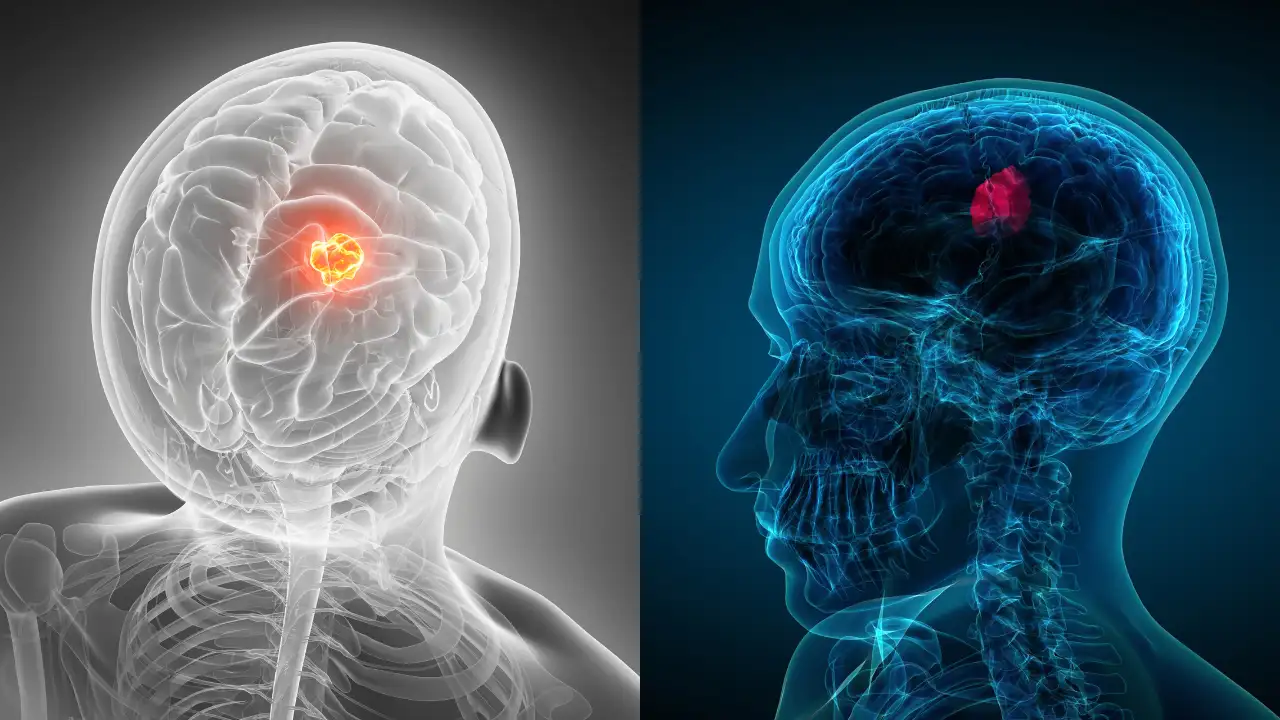You might go in for a routine CT or MRI scan after something seemingly minor like a bump on the head or a fainting spell only to be told there is a tumour in your brain. No headaches, no seizures, no obvious symptoms. Just an unexpected finding, spotted by chance. Known as “incidental brain tumours,” these cases, while not extremely common, do happen more often than people realise. And they often go unnoticed until picked up during investigations for something completely unrelated.
On World Brain Tumour Day, we asked two neurosurgeons whether you really can have a brain tumour without having a clue. The answer, in short: yes.
The Tumour You Did Not Know You Had
According to Dr. Anandh Balasubramaniam, senior consultant and head of neurosurgery at Amrita Hospital, Faridabad, it is not uncommon to stumble upon brain tumours by accident. “We find incidental tumours in some patients undergoing CT scans for completely unrelated reasons like a fall or minor head injury. These tumours are usually small and in less essential parts of the brain,” he explains.
Dr. Srikanth Reddy, director of neurosurgery at Medicover Hospital, Hyderabad, agrees. “Asymptomatic brain tumours, especially slow-growing ones like low-grade gliomas or meningiomas, may not cause any noticeable issues early on. They’re like quiet squatters, just sitting there without paying rent—or giving off symptoms.”
While we often associate brain tumours with dramatic signs like violent headaches or seizures, the reality is far more nuanced. “Some tumours cause subtle behavioural or memory changes depending on their location,” Dr. Balasubramaniam says. “Not all present with weakness, vomiting, or dramatic neurological issues.”
Are Brain Tumours in Your Genes?
Worried you have inherited a tumour? Relax, most brain tumours are not hereditary. Dr. Reddy explains that while there are rare genetic syndromes like neurofibromatosis or Li-Fraumeni that predispose individuals to brain tumours, “the vast majority of cases are completely sporadic and not linked to genetics.”
Dr. Balasubramaniam concurs: “Less than 10 percent of brain tumours have any hereditary connection. Most occur without any clear cause—no smoking gun, no bad lifestyle habits, just random bad luck.”
That said, radiation exposure, especially previous radiation therapy, can up your risk. Infections or past head injuries are loosely linked too, though evidence is murky at best.
Treatment
When it comes to treatment, neurosurgeons have quite the toolkit these days. “Surgery is safe and often curative in benign tumours,” says Dr. Balasubramaniam. “For smaller, deep-seated tumours, we use focused radiation techniques like Gamma Knife, CyberKnife, or even proton beam therapy—what we call radiosurgery.”
Dr. Reddy adds that treatment plans are often highly personalised: “It depends on the tumour type, location, and the patient’s health. Surgery, radiation, chemotherapy and even immunotherapy can all be part of the mix.”
And while malignant (cancerous) tumours are more complex, new-age treatments continue to improve survival and quality of life.
Phones and Tumours: Is That a Thing?
Can your smartphone give you a brain tumour?
Dr. Reddy puts it plainly: “There is no conclusive scientific evidence linking mobile phone use with brain tumour risk. Studies, including those from WHO and the INTERPHONE project, have not found a definitive connection.”
Still, Dr. Balasubramaniam recommends erring on the side of caution: “Avoid long calls, use hands-free devices, and do not talk in low-signal zones; your phone emits more radiation in those situations. It is just a good practice.”
So, What Should You Do?
No, you do not need to panic every time your head hurts or you forget where you parked your car. But if something feels off like persistent headaches, unexplained memory issues, or sudden vision/motor changes, it is worth a visit to the doctor. And if you do happen to discover a sneaky tumour during a scan, know that many are benign, manageable, and totally treatable.
